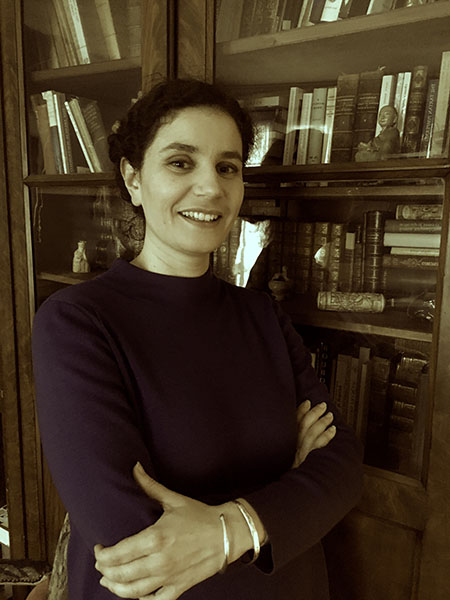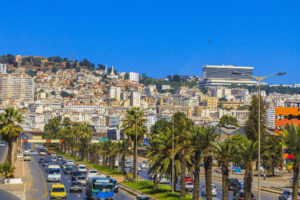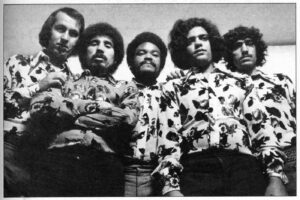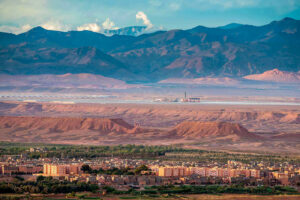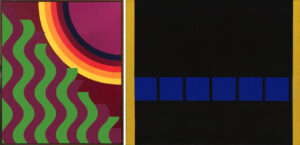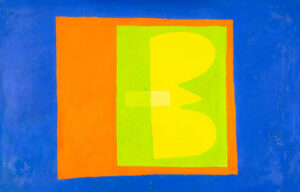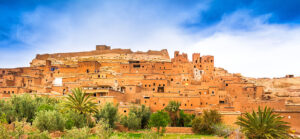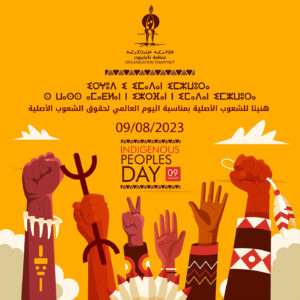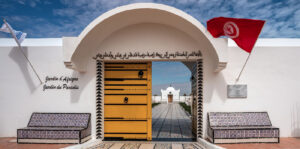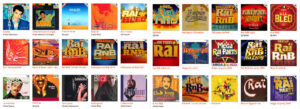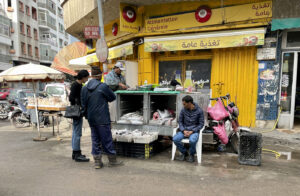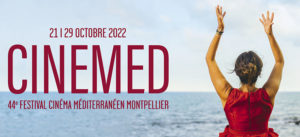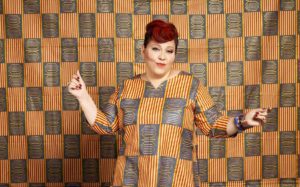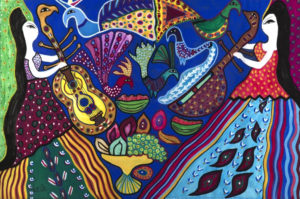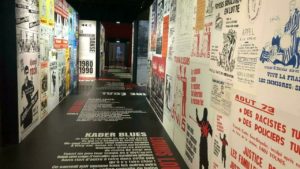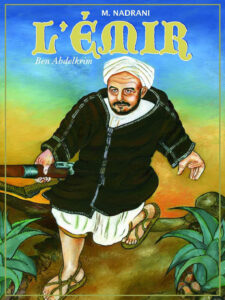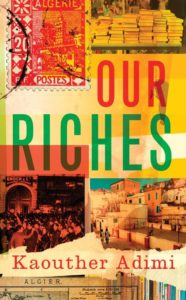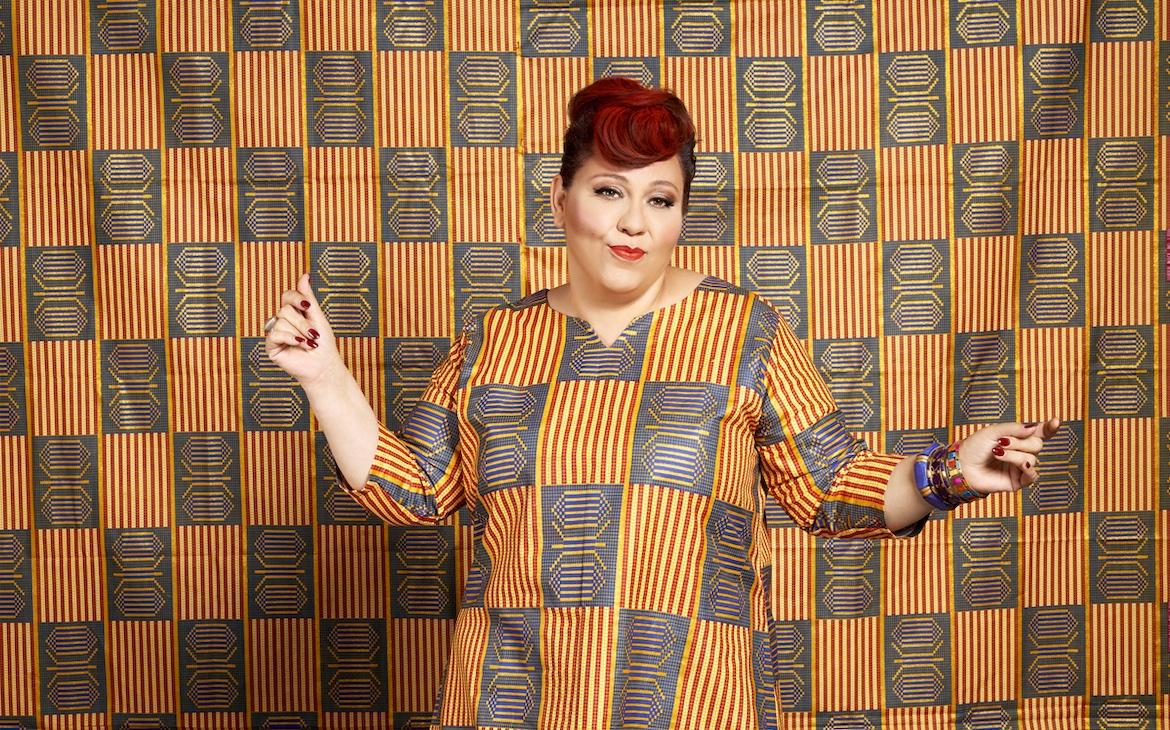
Back with her second album, “Awa,” the French-born Algerian singer and guitarist recounts her journey from the Barbès Café in Paris to her coming tour, including dates in London, Geneva, Paris and Tunis, Tunisia.
Melissa Chemam
Samia Brahmia’s first album “Naïliya” came out in 2006. But the artist’s musical journey began more than a decade earlier. Born in the early ‘80s in Ollainville, near Paris, where her Algerian father was studying medicine, Brahmia moved to Algeria with her family as a child. There, she developed a passion for African American icon Ella Fitzgerald, the Algerian diva Cheikha Rimitti, French legend Edith Piaf, and the Cape Verdean sensation, Cesaria Evora, while also listening to many African and North African musicians. Even as she embraces western pop-rock (she began her career in the choir of the Algerian rock group Index), Brahmia integrates the diverse components of Algerian identity: Amazigh, Arab, Mediterranean and African, but above all, woman.
“My editorial policy is the women, life and the story of life, told by a woman,” she tells me, the day before the performance to showcase her new album at the Institute of the Arab World (IMA), in Paris, while still rehearsing.
In the 1990s in Algeria, while the country went through a terrible civil war, Brahmia felt the need to broaden her horizons. She dreamt of becoming a more professional singer, composer and lyricist, and of expressing love and reconciliation, not anger.
“I realized that my opportunities in music were limited in Algeria, because it’s an entirely different system than in the Western world,” she recalls. “Singers have to play at weddings, they can’t produce their own records or perform live.” In 2003, she left Algeria, though she would return often.
“I decided to take a chance and go to France,” she says. “As I was born here, I never had issues with work permits or residency status, that was my luck. I’m not originally French, though, so I had to do some work around my citizenship and my identity. It was always hard in the back of my mind to admit that I was in France despite the painful history between our two countries. But I came for a first concert and then I started singing regularly with the events under the aegis of the Barbès Café.”
These were concerts organized by French and North African artists to celebrate the diversity of the Paris music scene and the legacy left by Algerian musicians who had come to record in the French capital since the 1960s. Now Brahmia had become part of that scene.
Her talent was quickly recognized in France, thanks to her skill on the guitar and a commanding stage presence. Intense performances showcasing her beautiful voice, in concerts for the Barbès Café, Les Folles Nuits Berbères and Cabaret Tam Tam, at the Cabaret Sauvage venue in Paris, were praised by some of the top performers on the French music scene. Brahmia would share the stage with artists such as Cheb Khaled, Ayo, Rachid Taha, L’Orchestre National de Barbès, Julie Zenatti, Gnawa Diffusion, Justin Adams, Idir, and Chimene Badi, to name a few. As mentioned, Brahmia’s first album, Naïliya, came out in 2006. It was well-received, but did not make her a star.
We first met around 2014, when I interviewed her on her experience as a dual national. At the time, she said, “My songs talk about our ancestors, about exile and people who had to cross mountains and oceans to find a safe place. As a French and Algerian person, I cannot help questioning our identities, as Arabs, Berbers, French, Europeans, North Africans…What helped me believe in my dreams was my very diverse childhood, between the two countries. I discovered some of the best names in music as a child in Algeria, I started playing the piano and singing. I went on stage for the first time in 1994, with an Algerian band, but I was also influenced by the English and American cultures. I opened my horizons to pop rock music, Celtic traditions, and sounds from the South of Algeria. And I also had a lot of admiration for the great French women artists like Juliette.”
In 2015, she was selected to participate in the ultra-popular television show, “The Voice.” She sang “Haramtou Bik Nouassi,” a love balad from the Arab-Andalusian melting pot, galvanizing an audience on both sides of the Mediterranean. It would make her a household name for many French viewers, which helped her break free of the “world music” label with which most foreign artists get stuck when moving to Europe.
A year later, Brahmia was picked by director Rachida Brakni, also the daughter of Algerian parents and winner of a French Film Academy César award for her performance in Chaos, to costar in her first full-length film, De sas en sas, form a strong bond with each other as a result of regularly visiting their sons, brothers and husbands in prison.
Over the past five years, Brahmia has continued to tour with many artists. She has also worked on writing more songs with a view to creating “Awa.” second album. She sings in French, Arabic, English and often in Kabyle. “It’s a language I learned with Kabyle musicians, as my family is not from Kabylia, but it’s so defining for Algerian culture and music!” she says. “For this album, I wanted to do everything in the best way, to explore how I had grown as a musician over the years. I also realized that I wanted to explore more my African side more. I always felt African, as my father taught us a lot about our history, and this aspect of our culture that has been almost erased by the colonial period. But our Africanness has always been a part of my life, and I wanted to explore it artistically. That’s why the album is titled ‘Awa,’ which is the name of Eve in different African languages, Eve as our universal mother. I was inspired by our mothers, our lineages, the women who made us. And by the femininity and feminism we need in this world. There remains a lot to do for them, for us, and for human rights in general.”
Brahmia has also been involved for many years as an ambassador for equality in copyright in Africa with CISAC, the International Confederation of Societies of Authors and Composers, and ONDA, the National Office for Copyright and Neighboring Rights in Algeria. This year, she was also regularly invited on French television to discuss her engagement for a better understanding of the Algerian culture in Europe. “I have a lot of hope when I go to Algeria,” she tells me. “Young people have a thirst for life and a true creative force. They have learned from our past mistakes, and they want to be pioneers of change. France and Algeria have passionate relations, but I want my contribution to be in favor of more integration and more mutual understanding.”
In the more immediate sense, “Awa” came out of Brahmia’s work with her instrumentalists, a band of five (playing the electric guitar, bass, keyboards, brass and drums) who accompany her as she sings and plays the acoustic guitar. “I wanted to create a project for the stage which would propose a journey,” Brahmia explains. “Sometimes I sing alone with my guitar; other times we sound more rock ’n’ roll.”
And it was a journey that magically transported her audience on the night of her private showcase at the IMA in Paris on Friday, September 16th, where I caught her live. Dressed in black and surrounded by bright pink lights, she gave a very moving performance, singing her new songs but also some of her favorite covers, including an homage to the South African icon Miriam Makeba and another to the legendary Kabyle singer Idir.
Among the crowd were also most of the women who were filmed for the music video of her first single, “Mama,” for which they wore clothes from the different parts of the world they originate from — whether West Africa, India, North Africa or Japan — and danced.
With “Awa,” which is very much an affair of the heart, Brahmia shows more of her warm and strong personality, evoking Makeba as well as too often forgotten Algerian female singers Rimitti and Badi Lalla, who is credited as the mother of North African blues and inspired bands such as Tinariwen.
“I believe that music can and should be used as a powerful tool to heal the soul and connect people together,” she says, “and I am convinced that music can save the world.”



